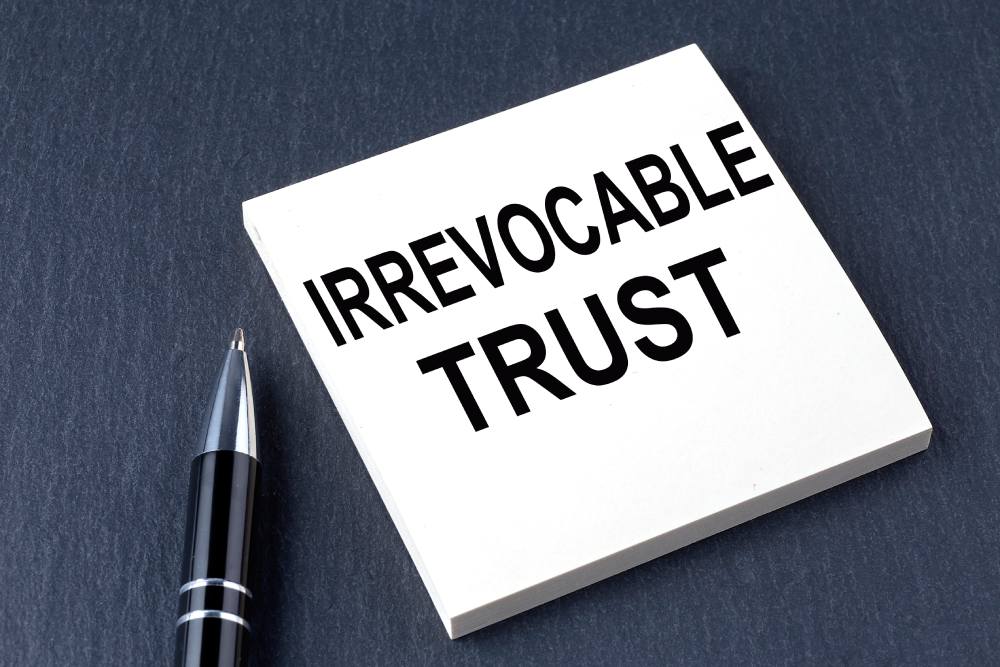Asset protection planning is the process of legally safeguarding your assets from creditors, lawsuits, or financial risks. It involves strategies to transfer ownership of assets into entities like family limited partnerships or irrevocable asset protection trusts.
These legal tools create a buffer between your personal wealth and potential claimants. While asset protection planning is often associated with the wealthy, it is beneficial for anyone looking to secure their financial future against unpredictable events.
Understanding Asset Protection Planning
Asset protection planning involves creating a legal structure that separates your assets from personal liability, effectively shielding them from creditors, lawsuits, and other financial threats. This type of planning is vital for individuals in high-risk professions, such as doctors, business owners, and real estate developers, where the likelihood of legal claims is higher.
The primary objective of asset protection is to prevent personal assets from being seized in case of a lawsuit or creditor claim. While no strategy can guarantee absolute protection, properly executed asset protection planning can make it significantly harder for creditors to access your assets.
Many people associate asset protection planning with wealth management, but it is not exclusive to high-net-worth individuals. Anyone with significant assets, even if modest, can benefit from these strategies to avoid losing them to lawsuits or financial mismanagement.
What Is an Irrevocable Asset Protection Trust?
An irrevocable asset protection trust is a powerful tool in asset protection planning. It involves transferring assets into a trust that generally cannot be altered or revoked. This trust is typically managed by a trustee, who is responsible for administering the assets according to the terms laid out by the creator of the trust.
The main advantage of an irrevocable asset protection trust is that once assets are transferred into the trust, they are no longer considered part of your estate. This means creditors cannot access them to satisfy debts or judgments against you. Additionally, the trust can provide tax benefits and a level of privacy for the individual who sets it up.
For the trust to be effective, the creator must relinquish control over the assets. This can be difficult for some individuals, but it is an important aspect of the asset protection strategy. By transferring ownership to the trust, the creator is legally distancing themselves from the assets, making them more difficult for creditors to reach.
How Does Asset Protection Work?
Asset protection works by creating a legal framework that makes it harder for creditors to claim your assets. Some of the most common strategies include:
- Family Limited Partnerships (FLPs): This involves transferring ownership of family businesses or properties into a partnership. The family members can become limited partners, with the parent or primary owner maintaining control as the general partner. FLPs allow the estate size to be reduced, which may lower estate tax liabilities.
- Tenancy by the Entirety: This is a form of joint ownership available in certain states, typically for married couples. It provides protection from creditors in cases where only one spouse is liable for debts. The property is shielded from individual claims, ensuring that it remains secure as long as both spouses are alive.
- Irrevocable Asset Protection Trusts: These trusts remove assets from the creator’s estate, making it difficult for creditors to claim them. The trust must be irrevocable, meaning the creator cannot modify or revoke the trust once it is set up.
The Importance of Legal Expertise in Asset Protection
Setting up asset protection structures like irrevocable asset protection trusts requires expertise in both legal and financial matters. Without proper guidance, individuals may end up creating a structure that does not effectively protect their assets. Legal professionals, especially those specializing in asset protection planning, can help ensure that the structures are set up correctly and in compliance with state and federal laws.
In addition to legal expertise, individuals seeking asset protection planning should also consider working with financial advisors to ensure their assets are strategically positioned for the best possible protection. A professional can guide you through the process, ensuring that the trust or other structures are established according to your specific needs and goals.
Asset Protection for Business Owners
Business owners are particularly vulnerable to lawsuits and creditor claims. In many cases, business assets are at risk if the business is sued or if a liability issue arises. One of the most effective asset protection strategies for business owners is the use of a Nevada asset protection trust. Nevada offers some of the strongest asset protection laws in the country, making it an ideal location for setting up these trusts.
How Nevada Trust Company Can Assist with Asset Protection Planning
At Nevada Trust Company, we specialize in serving as trustee of asset protection trusts. Our team is dedicated to helping you protect your wealth and assets from creditors and other financial risks. If you are looking for a comprehensive asset protection strategy, we can provide expert advice and assistance. Contact us today to learn how we can help secure your financial future.



